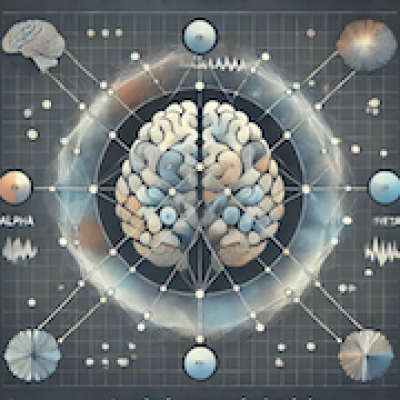Ph.D. Candidate: Güliz Demirezen
Program: Information Systems
Date: 20.12.2024 / 13:00
Place: A-212
Abstract: Human mental workload refers to the portion of an operator’s cognitive capacity used during a task. Performance of an operator may deteriorate if resource requirements of a task is higher than the available capability. Effective workload measurement is critical for tasks requiring sustained focus, such as in aviation, driving, and command-control environments. Identifying mental workload fluctuations can help reduce errors and improve user performance by alerting operators when cognitive load exceeds safe thresholds. Additionally, understanding mental workload informs the design of human-computer interaction systems and brain-computer interfaces.
The main objective of this thesis is to develop a reproducible methodology for classifying mental workload using EEG signals collected across multiple sessions. To achieve this, the current state of EEG mental workload classification studies is assessed and guidelines for reproducible and generalizable research in this domain are constructed. The employed methodology for mental workload classification leverages graph neural networks to model the dependencies between EEG channels. Furthermore, the use of optimal transport to address cross-session variability, a significant challenge in EEG-based classification, is investigated. Subject-specific evaluations using diverse metrics enable a comprehensive analysis of model performance. The outcome of this research will contribute to more robust and generalizable mental workload classification methods for BCI and other applications.
